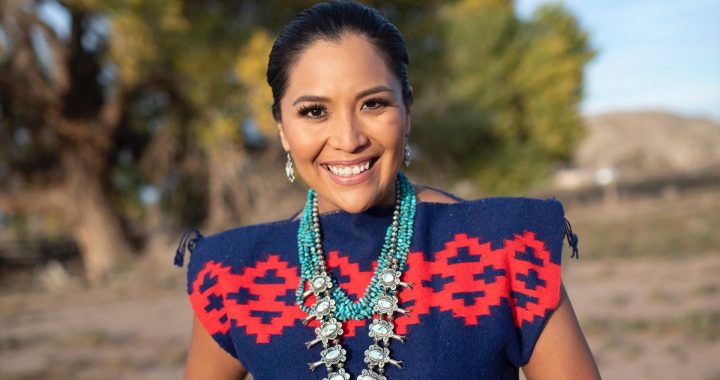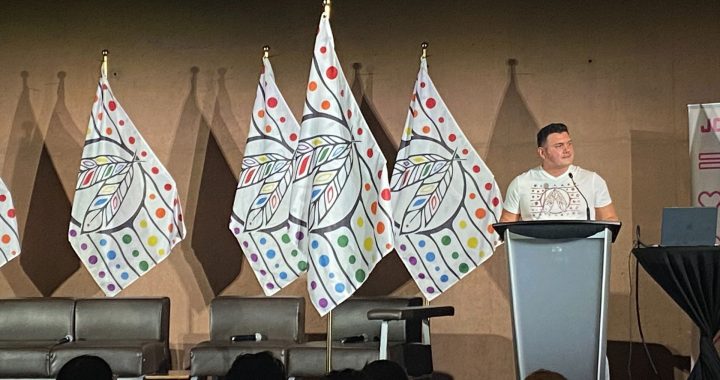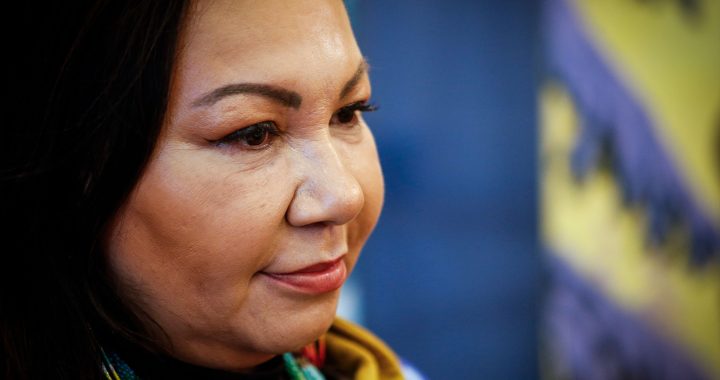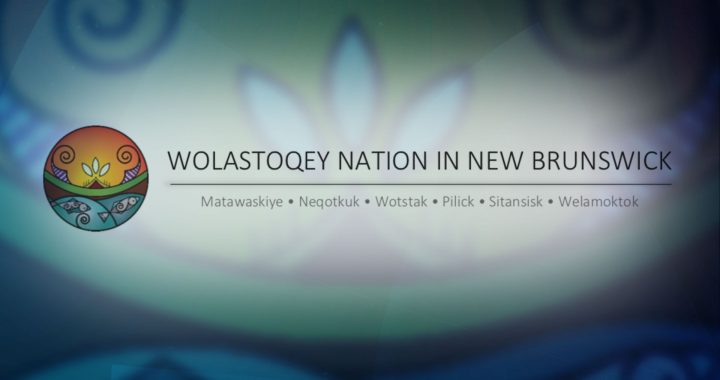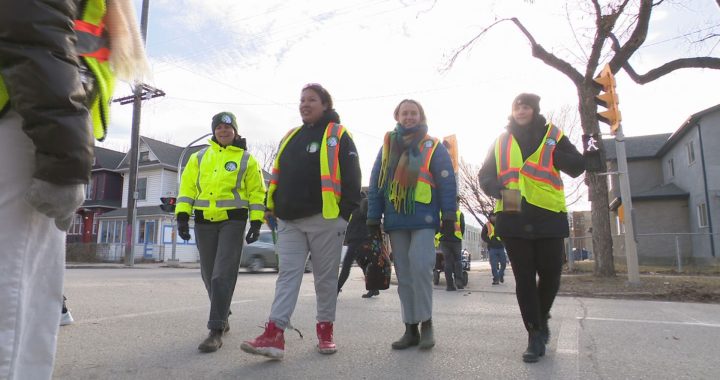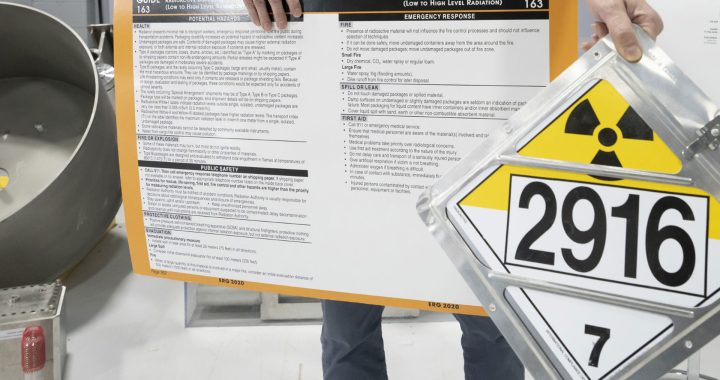
Archibald was elected national chief in July 2021, but her tenure has been marked by controversy and chaos. Photo: Simon Charland/APTN
National Chief RoseAnne Archibald is alleging the Assembly of First Nations executive committee hid an irregular financial transaction in which an employee transferred nearly $200,000 in AFN cash to their personal bank account in 2019, APTN News has learned.
For the past month, Archibald has been claiming there is financial corruption inside the AFN, but she made specific accusations of a “crooked system” and “potentially ongoing” dishonest financial practices in a memo recently sent to chiefs and obtained by APTN.
The memo was attached to an undated confidential chronology that describes the organization’s recent controversy from Archibald’s perspective, along with supporting screenshot evidence and financial statements detailing two years’ worth of AFN contract recipients.
The memo alleges the staff payout and subsequent decision to keep quiet about it set a precedent her own staff relied on when they requested full payouts of their own contracts worth more than $1 million on May 12, 2022, and that “AFN staff now expect large payouts if they leave the organization.”
In the memo, sent as notes explaining a line in the chronology, Archibald says an urgent executive committee meeting was called in fall 2020 where regional chiefs received a briefing note revealing details of the transaction.
The briefing note indicates it was drafted by AFN chief executive officer Janice Ciavaglia, who Archibald says brought in an outside human resources lawyer who told the executive “that we needed to NOT say anything” about the payout.
This document, obtained separately by APTN, is dated Oct. 30, 2020 and similarly marked confidential. It says the AFN had recently learned a staff member received a retiring allowance payout of $191,143 on Aug. 19, 2019.
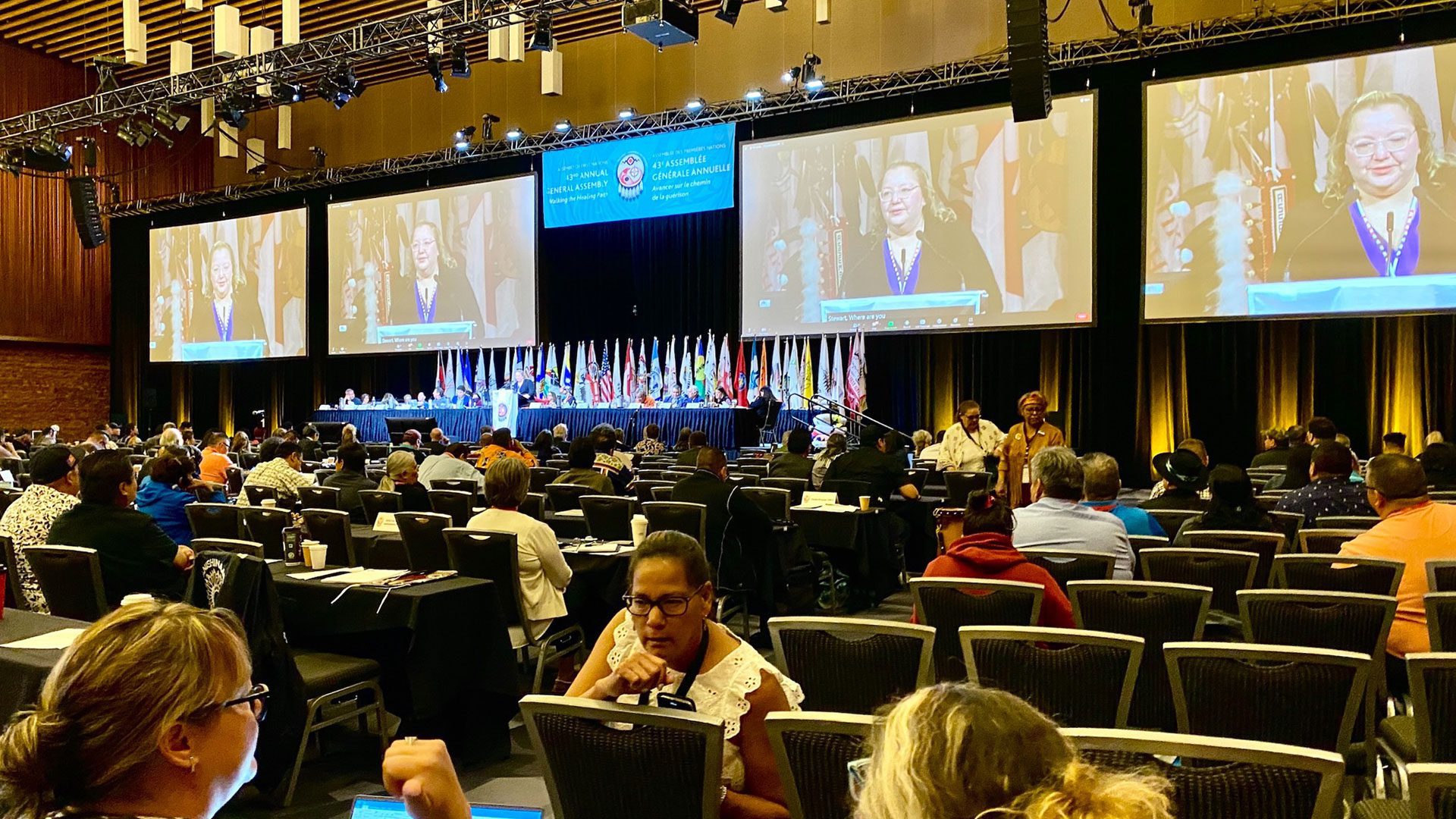
It says the same staff member executed a new contract on that same date to continue in their duties part-time. The briefing note says it was “unclear why the AFN would pay out a package to an employee who resigns from their full-time employment but continues to work thereafter.”
It says the AFN had “lost confidence” in that employee and one other staff member’s ability “to act in the best interests of the AFN, and in a manner that avoids conflicts of interest.”
The briefing note says the two employees who orchestrated the retiring payout and new part-time contract were senior managerial staff, and therefore had a fiduciary duty to the organization.
“Furthermore,” the CEO’s note continues, “we are concerned that if we do not take steps to address this problem it will reoccur, and should there be an audit that uncovers this irregularity, it may damage AFN’s reputation and possibly affect its funding.”
It concludes by saying AFN consulted with outside counsel who recommended the organization terminate the employees “without cause” to minimize further expenses and “avoid the publicity and disruption of litigating this matter.”
According to the chronology received by chiefs, this October 2020 affair “raised two red flags” for then-Ontario regional chief Archibald: contracts and staff payouts.
“At the time, I said this was wrong and that we had an obligation to reveal the truth of what happened. Shortly after this meeting, my problems with the AFN Secretariat started,” Archibald’s accompanying memo says. “I didn’t understand at the time, that my strong moral and ethical stance would be seen as a threat to the past and potentially ongoing fraudulent practices at the AFN.
“I did let [Indigenous Services] Minister Marc Miller know verbally. It’s unknown to me if the federal government did anything,” she continues. “This is why we need a forensic audit of large staff payouts.”
APTN asked Miller’s office what he did with this information, but he was not made available. Instead, his office sent APTN a statement that didn’t answer the question.
“We take any allegation of financial wrongdoing extremely seriously. All matters related to leadership and governance of the Assembly of First Nations are for the members to determine, as they are internal matters — and the confidentiality of any processes initiated must be respected,” wrote spokesperson Aissa Diop.
“We recognize the importance of the Assembly of First Nations in Canada, and the importance of their independence. As such, it would not be appropriate to comment further.”
The chronology sent to chiefs goes on to detail the last 18 months of turmoil within the AFN, an organization that lobbies on behalf of 634 First Nations countrywide and that received nearly $40 million in public money this fiscal year, the bulk of it from the federal government.
It notes how, a few months after the alleged decision not to disclose the “irregularity,” this internal conflict soon boiled over into public during the organization’s annual winter gathering.
In December 2020, Archibald challenged then-national chief Perry Bellegarde, accusing him of obstructing a resolution calling for an independent review of gender-based discrimination at AFN.
Bellegarde denied the charge, and the resolution passed.
But the tension remained.
Two months later, the Chiefs of Ontario, of which Archibald was in charge, passed a confidential resolution calling for a review of AFN’s contracting policies and practices.
The resolution called for a third-party probe to determine whether there were conflicts of interest or undue influence applied during contract procurement.
Documents obtained by APTN at the time suggested the concerns were linked to contracts AFN awarded to a sole-proprietorship consultancy called Indigenous Languages Revitalization Associates.
Ontario corporate and land registries confirmed the company is owned by Bellegarde’s long-time spouse and operated out of a residential property the two of them co-own in Ottawa.
Read more:
AFN proceeding with ‘full investigation’ into harassment claims against regional chief
The Chiefs of Ontario raised concerns Bellegarde may have been benefiting financially from his position via the contracts to his spouse, but the AFN denied any wrongdoing and said the consultancy had received four contracts over the years via the standard process.
According to the latest leaked financial line items, Indigenous Languages Revitalization Associates was awarded a contract worth $49,000 as recently as the fiscal year ending in 2021.
Meanwhile, shortly after demanding the books be opened, the executive opened a probe into a bullying complaint against Archibald. They later voted down the Ontario resolution calling for the financial review.
Fast forward to the present, the four staff who Archibald says recently requested the $1 million payouts are all members of the national chief’s political office who lodged misconduct complaints against their boss.
The complaints, as first reported by CBC News, accuse Archibald of workplace misconduct and office mismanagement by engaging in Hawaiian prayers and asking staff to share childhood traumas.
In response, Archibald’s acting chief of staff lodged a 15-page countercomplaint against those staff, accusing them of conspiring with senior AFN management against the national chief then leaking their own complaints to the media.
The countercomplaint alleges the acting chief of staff had access to office emails at one point, when they saw an email sent by one of the four complainants to a human resources consultant, with the CEO copied.
“The NC still thinks we are working for her and no one has responded to her email seeking an update,” the email allegedly said. “I don’t feel protected right now.”
The acting chief of staff alleges the four initial complainants “wanted to [be] paid out on their contracts” while also alleging the complaints are “a retaliatory action to besmirch the name and reputation of the National Chief.”
None of the complaints have been substantiated.
After the first four complaints leaked, a draft resolution surfaced that was drawn up for the July general assembly and called for Archibald to be removed as national chief.
Archibald responded via statement blasting “corruption and collusion” at the AFN, saying the complaints were cooked up as a “smear campaign.”
Following that, the executive committee — which consists of regional chiefs who also act as the board of directors for the AFN’s corporate arm, the National Indian Brotherhood — voted to suspend Archibald from her duties. They also banned her from the upcoming assembly.
But Archibald pushed back hard.
She filed an emergency motion in Ontario Superior Court requesting an order allowing her to attend, and a declaration her suspension was unlawful.
In her notice of application, Archibald promised to file an affidavit along with exhibits — potentially putting the organization’s internal troubles onto the public court record.
The executive blinked.
On the morning of the hearing, their lawyer wrote to Archibald’s lawyer, saying “the Executive Committee accepts that as a matter of fairness, the National Chief must be given an opportunity to speak to this motion” during the assembly.
They maintained she was still suspended, but reversed the decision to bar her.
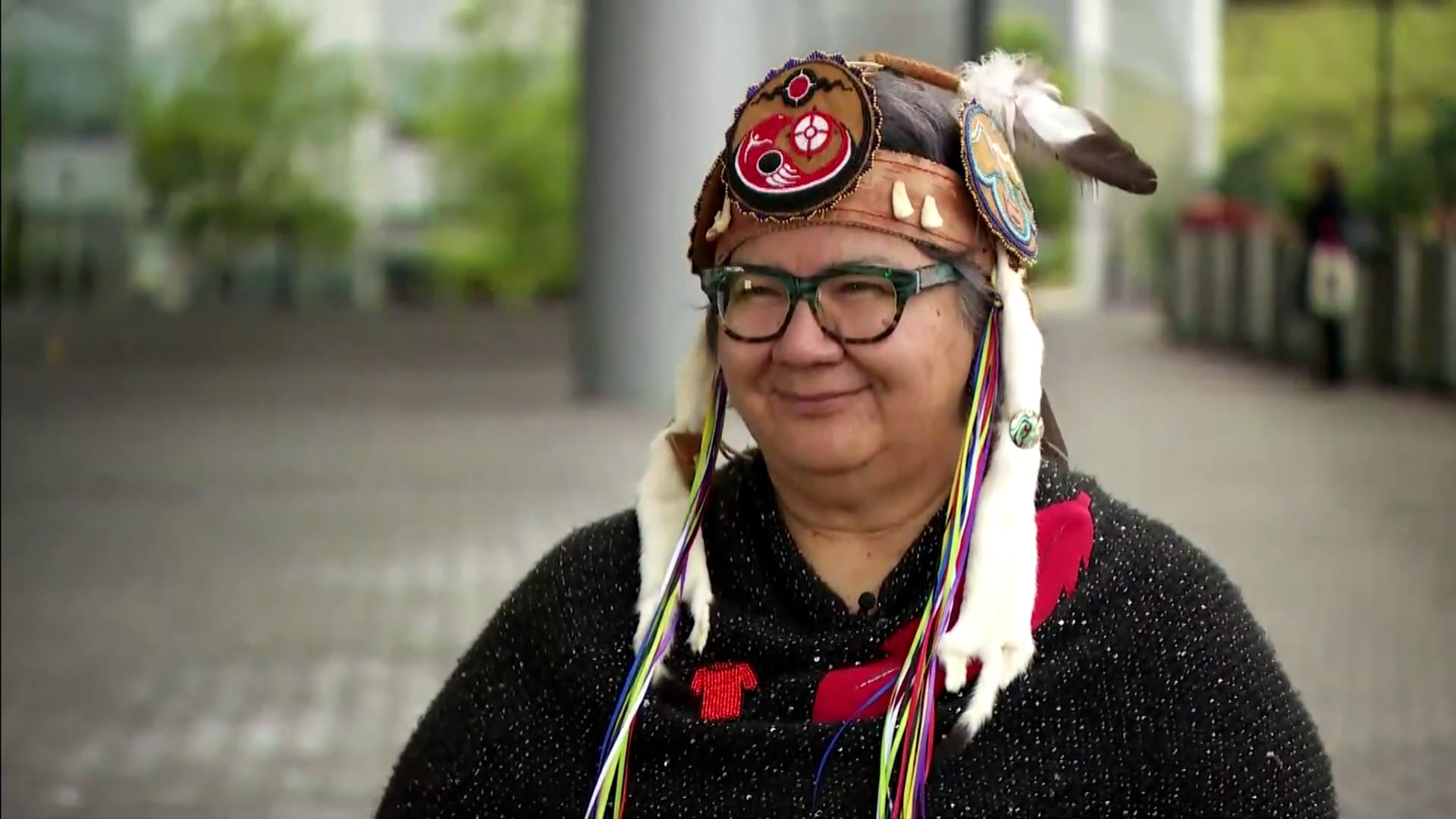
During the assembly, Archibald and her allies continued to allege financial corruption and political dirty tricks.
Archibald said only the four complainants themselves, the CEO and the executive committee had access to the confidential whistleblower complaints — implying the leak could’ve only come from those groups.
Archibald accused the regional chiefs of engaging in a power grab by working backwards, trying to validate decisions made under authority they never had in the first place.
The resolution to suspend the national chief was easily defeated.
The following day, chiefs debated Archibald’s call for a forensic audit during the assembly via a resolution on it, which was amended but eventually passed with 75 per cent of the delegates in support.
However, the probe into her workplace conduct will continue.
APTN contacted CEO Ciavaglia to ask about the allegations of “collusion” and “hostility” coming from Archibald’s camp but received no reply.
Ciavaglia did not reply when asked to confirm the authenticity of the October 2020 briefing note with her name on it.
In a sit-down interview at the assembly, APTN asked Archibald if she would share the contract list publicly.
A spokesperson for the national chief’s office would neither confirm nor deny the authenticity of the documents.
However, during the assembly, Archibald said she had “sent the information with respect to corruption to all chiefs across Canada. It’s in emails, confidential emails to the chiefs.”
No allegations of any kind have been proven.




